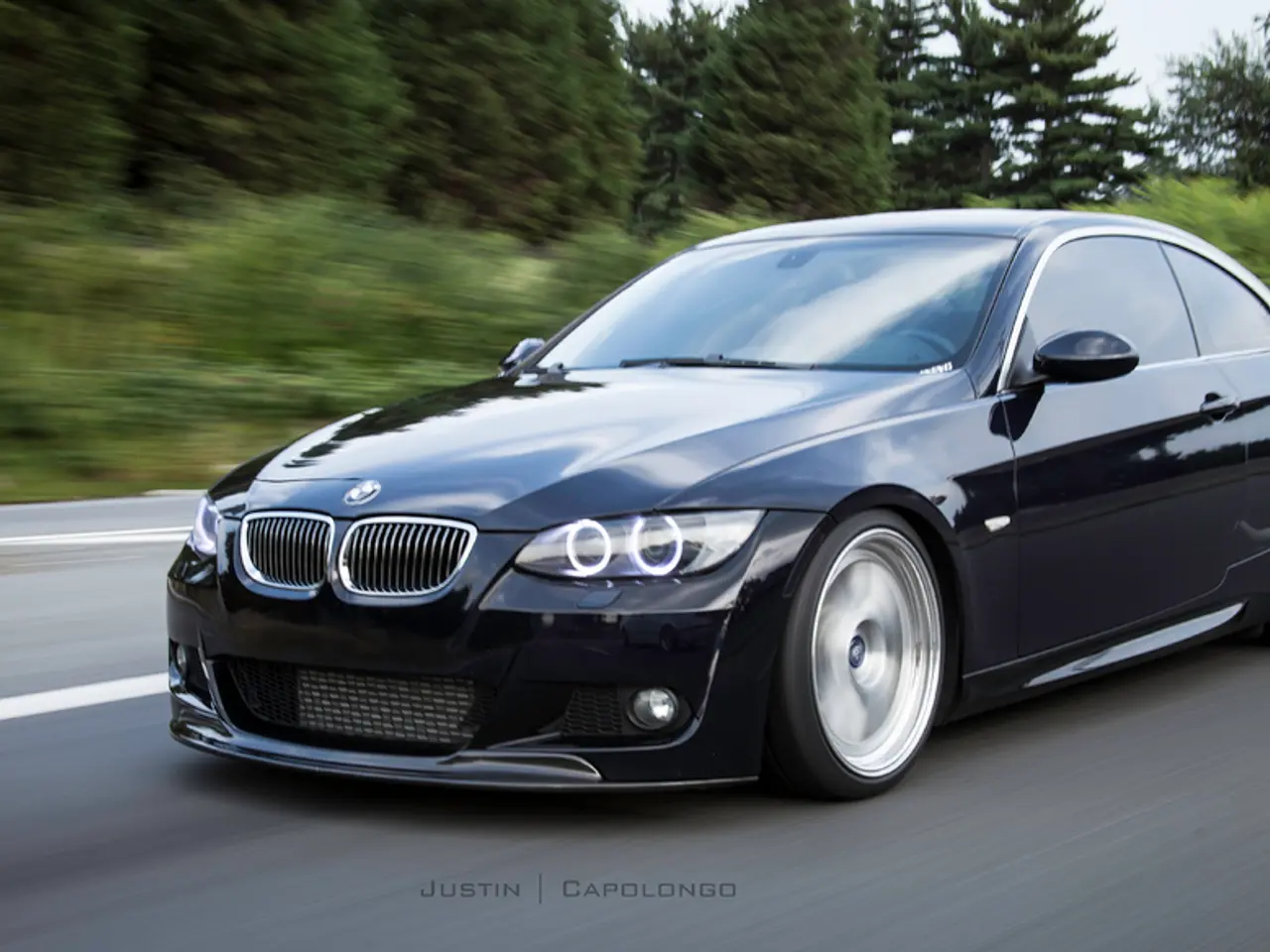Begins manufacturing of sixth-generation electric motor for new class electric vehicles from BMW
The Steyr plant, traditionally known for its combustion engine production, is now officially stepping into the electric age. BMW, the plant's parent company, has announced that it will continue to produce diesel and petrol units alongside electric motor production at the Austrian facility.
Klaus von Moltke, BMW's Senior Vice President of Engine Production and head of the Steyr facility, stated that the shift to electric production is more than just a production ramp-up. According to von Moltke, it marks a significant transformation for the plant, signifying a new era in automotive manufacturing.
At the heart of this transformation is the Neue Klasse range, which is now being equipped with series-produced sixth-generation electric motors, manufactured at the Steyr plant. These new motors are designed to deliver remarkable results, as stated by BMW's Martin Kaufmann, Senior Vice President of Global Powertrain Development.
The Gen6 BMW eDrive system, as it is called, features highly efficient electric motors, new high-voltage batteries with round cells, and 800-volt technology. This new architecture is designed to increase efficiency, reducing energy losses by 40%, weight by 10%, and manufacturing costs by 20% compared to the previous generation.
The Gen6 motor uses an 800V architecture with silicon carbide semiconductors, which improves efficiency and performance. Notably, the inverter of the Gen6 motor uses these semiconductors, a significant step forward in electric motor technology.
The first model to benefit from the new Gen6 drive unit is the upcoming BMW iX3 50 xDrive. With this new system, BMW claims a WLTP range of up to 800km for the BMW iX3 50 xDrive, a remarkable achievement in the electric vehicle (EV) market. No performance figures have been released for the upcoming iX3 50 xDrive yet, but expectations are high for a competitive mix of power and longevity.
Approximately 1000 employees at the Steyr plant are already working on electric motor production. BMW plans to have up to half of the Steyr plant's workforce working on electric mobility by 2030. The company is investing over €1 billion (nearly NZ$ 2 billion) into the Steyr facility through 2030 to establish it as the center of drivetrain expertise, combustion and electric alike.
If the modular approach pays off, the Neue Klasse could gain a flexible, scalable edge in the EV arms race. The new electric motor cuts energy loss by 40%, reduces cost by 20%, and trims weight by 10%, collectively contributing to a 20% increase in vehicle efficiency.
After four decades of internal combustion know-how, Steyr's electric future is officially in motion. The aluminum housing for the new BMW electric motor is cast in Landshut and finished on site. The rotor, stator, transmission, and inverter of the new BMW electric motor are produced in-house at the Steyr plant.
The new 800V architecture in the Gen6 motor is designed to increase efficiency. With faster charging up to 400 kW, extended range up to 805 km (WLTP), and improved efficiency with low aerodynamic drag, the Gen6 system promises a significant leap forward in EV technology. Additionally, the system supports future bidirectional charging and advanced electronics architecture for high performance and driving pleasure.
As BMW continues to invest in and develop its electric vehicle technology, the Steyr plant is poised to play a crucial role in the company's electric future. With the new Gen6 drive unit and the upcoming BMW iX3 50 xDrive, BMW is demonstrating its commitment to innovation and sustainability in the automotive industry.








